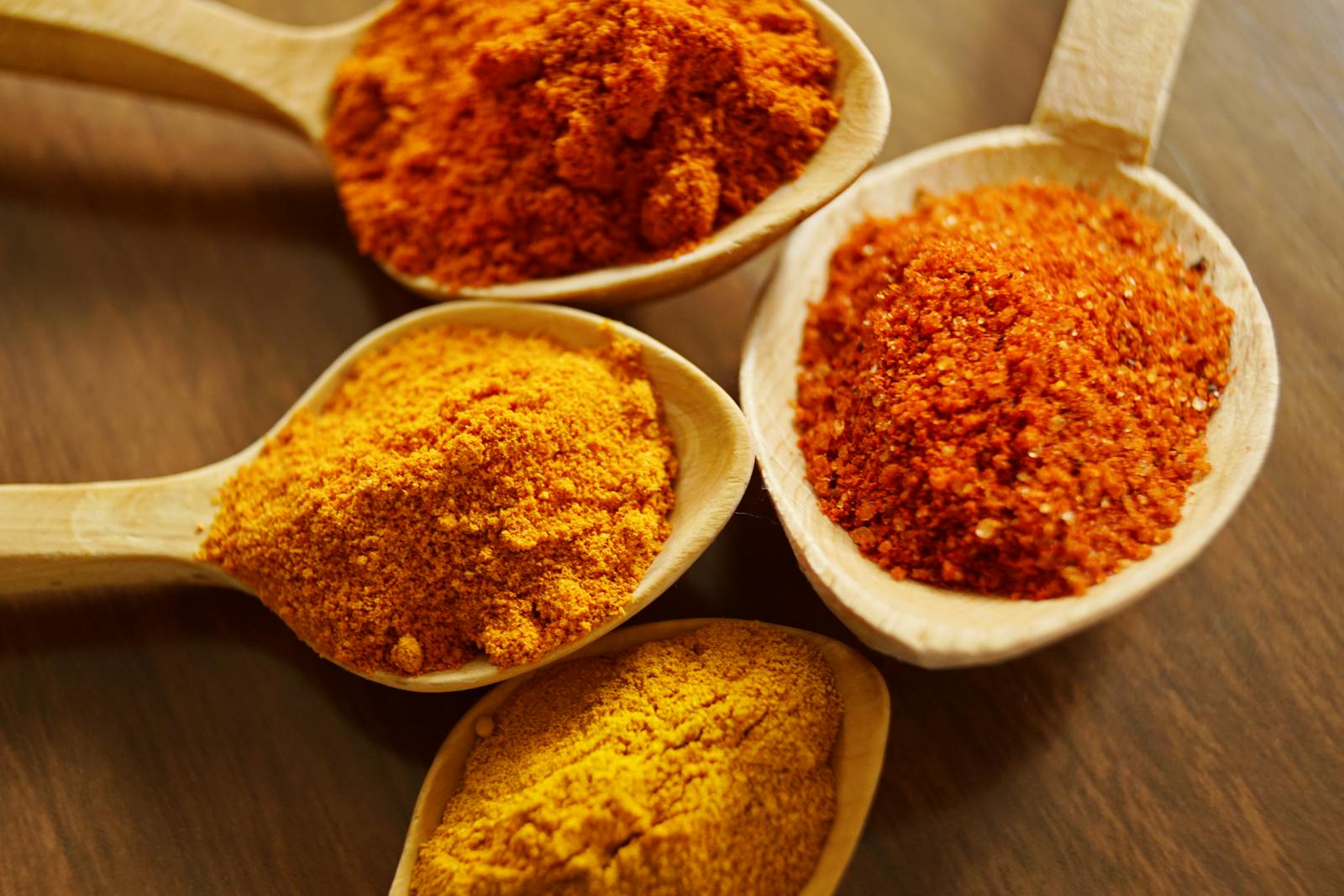
Hey there! It’s been a whirlwind of a week, hasn’t it? I’ve been juggling deadlines left and right, trying to keep up with the fast pace of life while also making sure I’m taking care of myself. Speaking of which, one thing that’s really helped me stay on top of my game is paying attention to what I put into my body—specifically, the best dietary supplements. There’s a lot of noise out there in the supplement world, so today, I thought I’d share some insights on how to navigate this often-confusing landscape.
When it comes to the best dietary supplements, it’s important to do your homework. Not all supplements are created equal, and what works for one person might not work for another. For instance, if you’re looking to boost your immune system, vitamin C and zinc are often recommended. Vitamin C supports various cellular functions of both the innate and adaptive immune system, while zinc plays a crucial role in immune function and wound healing. But before you start popping pills, consider talking to a healthcare professional to see if these supplements are right for you.

Now, let’s talk about something that’s become quite popular in recent years: omega-3 fatty acids. Found in fish oil, these supplements can be incredibly beneficial for heart health. They help reduce inflammation and lower blood pressure, which can be particularly important as we age. However, like with any supplement, quality matters. Look for products that have been third-party tested for purity and potency to ensure you’re getting the most benefit.
Another area where the best dietary supplements can make a significant difference is in bone health. Calcium and vitamin D are essential for maintaining strong bones, especially as we get older. Calcium helps build and maintain bones, while vitamin D aids in calcium absorption. If you don’t get enough of these nutrients from your diet, supplements can fill the gap. Just remember, too much of a good thing can be harmful, so follow the recommended dosages.
On a personal note, I’ve been experimenting with probiotics lately, and I have to say, I’m a fan. Probiotics are live bacteria and yeasts that are good for your digestive system. They can help balance your gut microbiome, which has far-reaching effects on everything from your immune system to your mental health. If you’re dealing with digestive issues or just want to give your gut a little extra love, probiotics might be worth considering.
But let’s not forget about the basics. Sometimes, the best dietary supplements are the ones that address common deficiencies. For example, many people, especially those following plant-based diets, may need to supplement with B12. This vitamin is crucial for nerve function and the production of DNA and red blood cells. A simple B12 supplement can go a long way in ensuring you’re meeting your nutritional needs.

One thing I’ve learned over the years is that consistency is key. Taking the best dietary supplements isn’t a one-time fix; it’s an ongoing commitment to your health. Whether you’re taking a multivitamin, a specific nutrient, or a combination of supplements, make sure you’re doing it regularly and as part of a balanced lifestyle. And always, always, listen to your body. If something doesn’t feel right, don’t hesitate to adjust or seek advice.
In conclusion, the world of dietary supplements can be overwhelming, but by focusing on the best options and being mindful of your individual needs, you can make informed choices that support your overall well-being. Remember, supplements are meant to complement a healthy diet and lifestyle, not replace them. So, keep eating those fruits and veggies, stay active, and maybe throw in a few supplements to round things out. Here’s to a healthier, happier you!
Oh, and if you’re feeling adventurous, why not try a new recipe that incorporates some of these nutrients? Cooking can be a fun and delicious way to boost your intake of the best dietary supplements. Until next time, take care and stay healthy!
(Just a friendly reminder to double-check your spelling—sometimes a small typo can slip through, like ‘deficiences’ instead of ‘deficiencies’. It happens to the best of us!)
